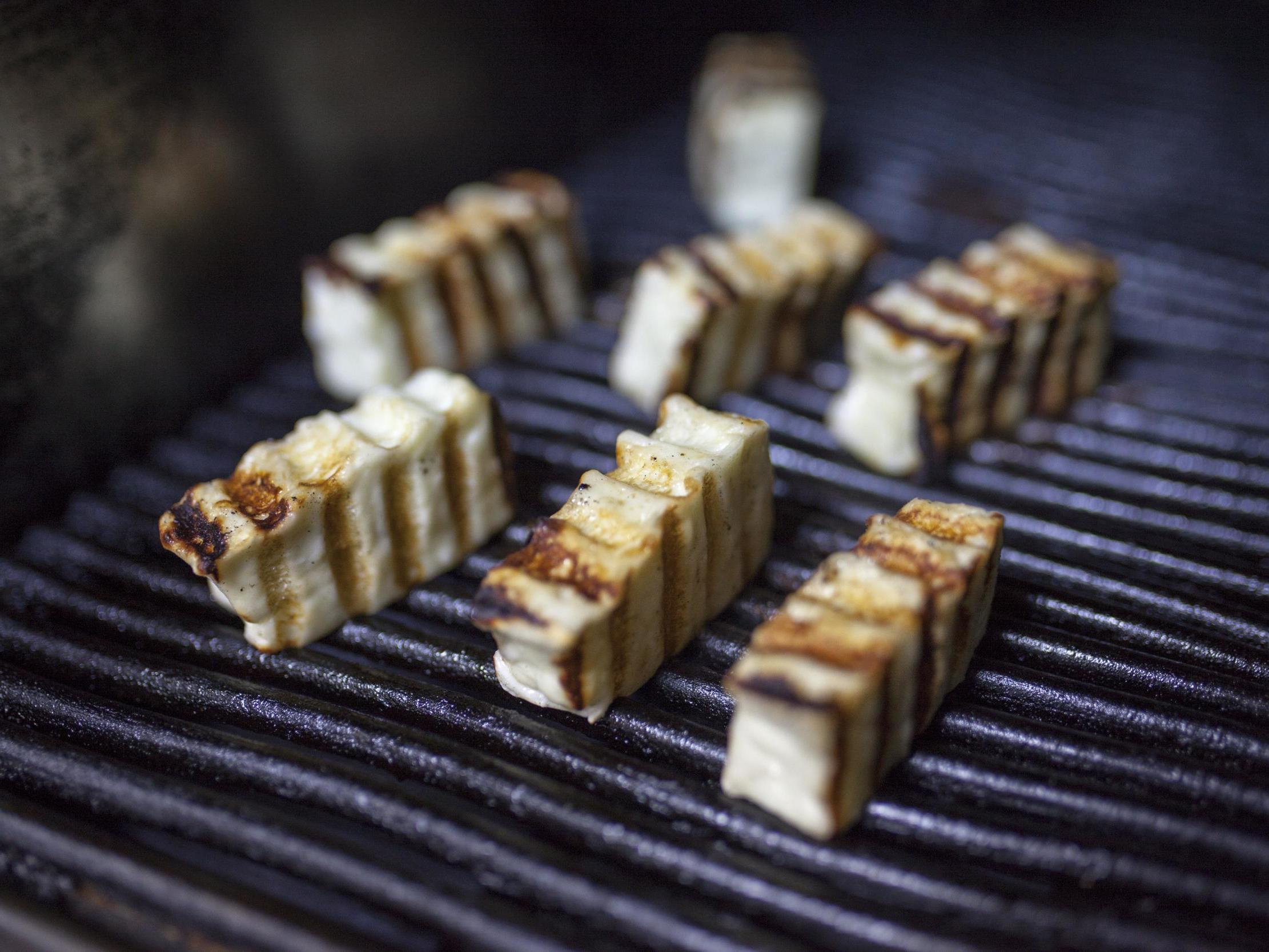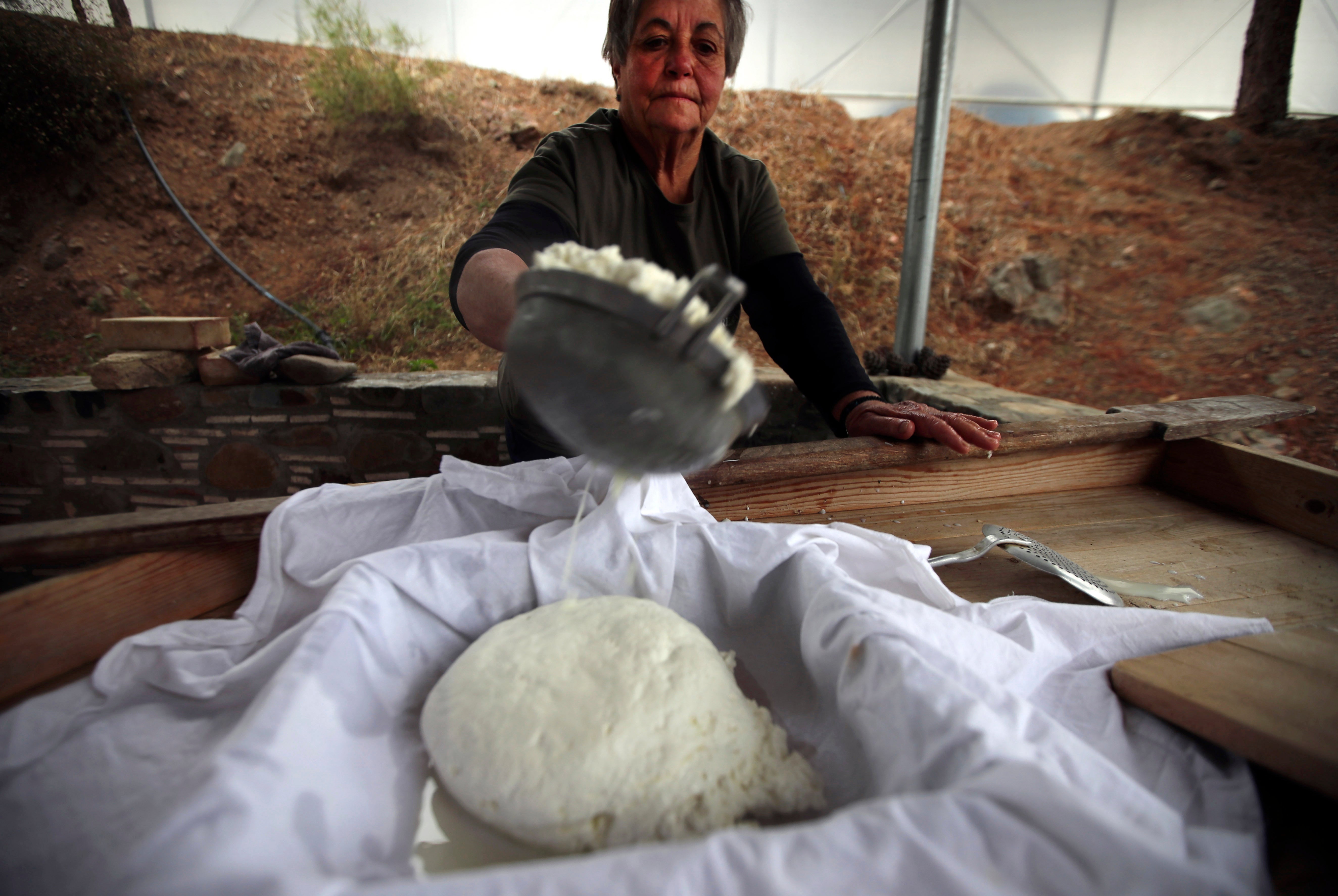The battle to save the taste of Halloumi is underway
The cheese currently has a Protected Designation of Origin status

Halloumi will still legally have to be made by specific Cypriot cheese makers.
A top court in the European Union has rejected an attempt to drop the protected status of the dairy-favourite, staving off a challenge on one of Cyprus’s top exports.
Halloumi has a Protected Designation of Origin (PDO) status, meaning that only approved producers from Cyprus can market the cheese under that name. But official product specifications has triggered a backlash from the Cypriot dairy industry.
Authorities say the cheese should be manufactured with a blend of cow, ewe and goat milk, gradually displacing cow’s milk which had in recent years been the dominant ingredient.
In a judgement posted on its website, the General Court of the EU dismissed a petition to strip Halloumi of its PDO, petitioned by Cyprus cattle breeders and their affiliated dairy company.

The petition had argued that Cyprus submitted erroneous specifications on Halloumi ingredients in applying for a PDO in 2014.
Known for its versatility, the soft rubbery cheese can be eaten raw, grilled, boiled or fried without losing its shape. It is the island’s largest export after pharmaceuticals.
Other foods with protected status
Other European protected foods
Feta Cheese (Greece)
Raclette (Switzerland)
Baklava (Turkey)
Bratwurst (Germany)
Sauerkraut (Germany)
Waterford Blaa (Ireland)
Kielbasa (Poland)
Halloumi won a PDO from the EU in 2021. Under product specifications, Cyprus intends to gradually increase the amount of ewe and goat’s milk in the mix to equal that of cow’s milk.
This move has sparked fierce debate from industry stakeholders who say ewe and goat’s milk is highly seasonal, and could therefore have an impact on production capacity.
“We don’t want our exports to fall, its one of our top exports but this (specifications) will cause problems in production,” said Nicos Papakypriakou, general manager of the Cyprus Cattlebreeders Association.
At present 10% ewe and goat milk goes into the mix. When authorities decreed a rise to 19% last October, cheesemakers threatened to shut their dairies as there was not enough milk available to sustain unhindered production of all dairy products.
Join our commenting forum
Join thought-provoking conversations, follow other Independent readers and see their replies
Comments
Bookmark popover
Removed from bookmarks